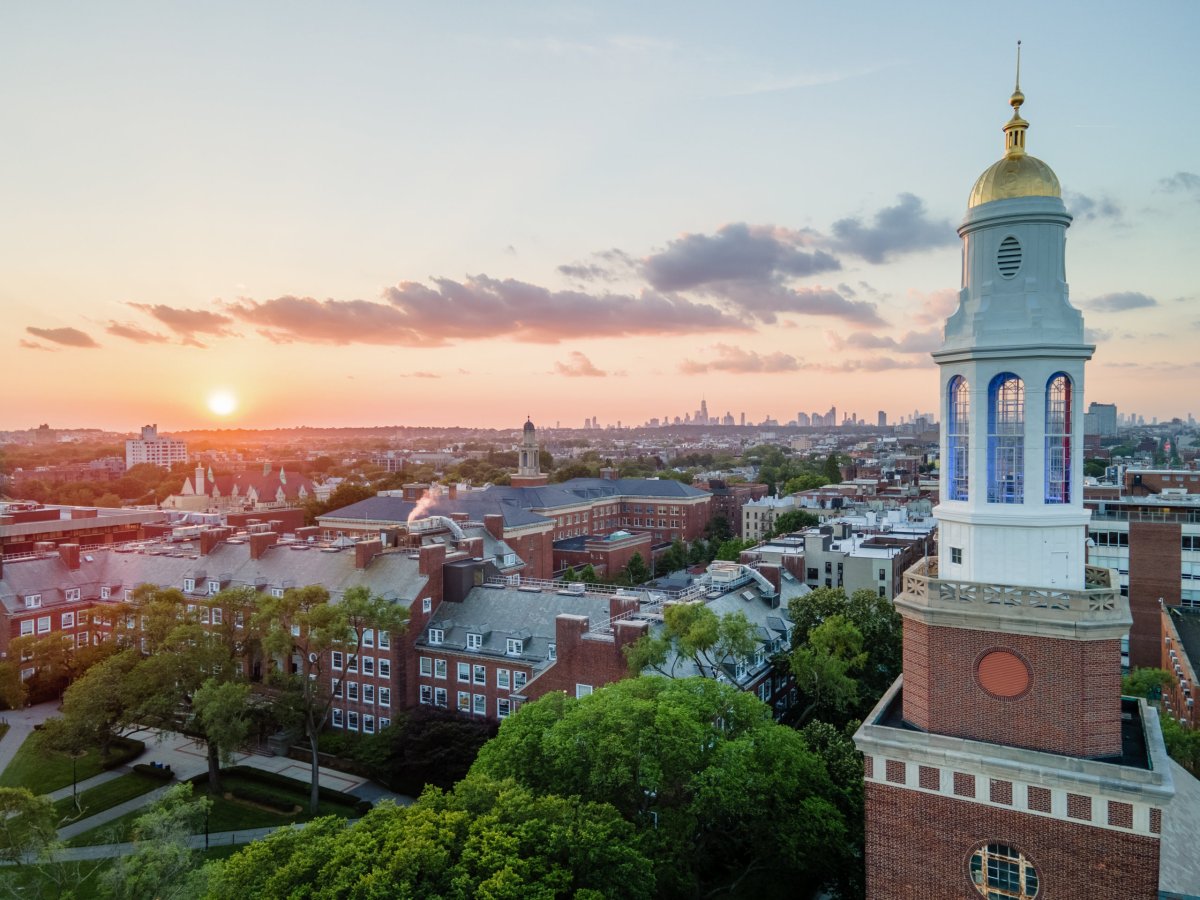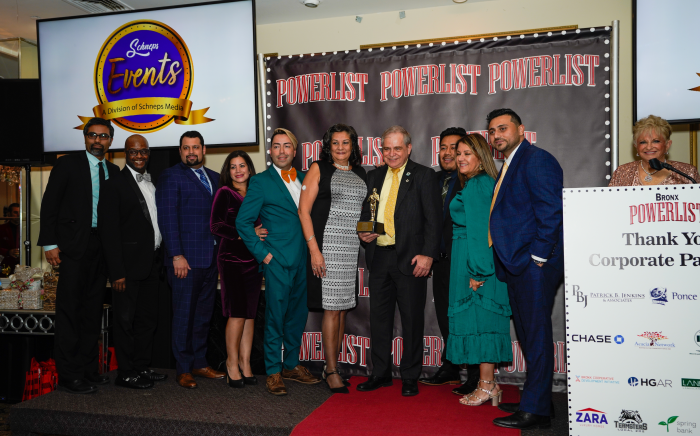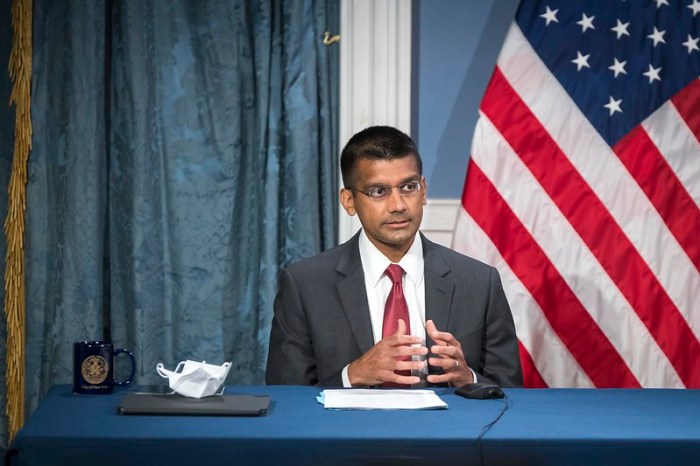Mention CUNY, and we tend to think of colleges bustling with students. But CUNY’s 25 campuses are also home to dedicated researchers who spend long hours focused on important projects that improve the lives of everyday New Yorkers and their communities.
The range of their work is as diverse as our university and our city. They are developing solutions to help New York deal with severe weather events, making discoveries to improve New Yorkers’ health and safety, and advancing equity in everything from policing to internet service.
They ask questions and dig for answers. A project by Don Waisanen, a professor of communication at Baruch College, seeks to understand why people don’t report gas leaks and what can be done to motivate them to do so, addressing a problem highlighted by a 2014 explosion in East Harlem that killed eight people. Teresa Bandosz, a distinguished professor of chemistry at City College, has been instrumental in helping the city improve air quality by removing noxious gasses that are impacting areas near water treatment plants.
CUNY is a regional research powerhouse, with external funding totaling more than half a billion dollars supporting innovative and consequential research across disciplines. Our faculty often take advantage of CUNY’s scale and presence across the five boroughs, forging partnerships with colleagues on other campuses to engage in research focused on the public interest.
Rising Waters
We’ve already seen the consequences of rising seas and flooding — most recently with last September’s Hurricane Ida, which flooded basement apartments and killed 13 New Yorkers. That’s why dozens of CUNY faculty researchers are working to mitigate and adapt to the threat.
One CUNY team is collaborating on an ambitious project called FloodNet, which will deploy sensors throughout coastal communities and draw on “citizen scientists” to help the city adapt to routine flooding events that are expected to come more frequently with rising sea levels. The project brings together researchers from Brooklyn College, the Science and Resilience Institute at Jamaica Bay, a CUNY multi-campus research hub, and the Graduate Center’s Advanced Science Research Center and has grown into a partnership with the city and NYU.
Another team at Brooklyn, led by Professor Jennifer Cherrier, oversaw one of the most comprehensive studies of stormwater and flooding ever conducted in the city, a project that can be used to make the city “spongier” by using permeable spaces to soak up more water so that we’ll be better protected for a wetter future.
Reducing Health Disparities
Many of our faculty have focused on the reduction of health disparities. Researchers from the CUNY School of Public Health and Health Policy, Hunter-Bellevue School of Nursing and Medgar Evers College are exploring the effects of extreme hot weather on the cardiovascular and pulmonary health of elderly New Yorkers who have chronic respiratory diseases.
At York College, Jennifer Brite, a professor of health and human performance, is applying her work with the World Trade Center Health Registry to inform the assessment of the long-term psychological effects of 9/11.
Equity in Public Safety
CUNY researchers, like all of us, are concerned with public safety. John Jay College’s Research and Evaluation Center has a federally funded $2.6 million grant to study the effectiveness of the city’s gun violence interruption program, a strategy that aims to break the cycle of gun violence among young people.
At the CUNY Institute for State and Local Governance, a research team is analyzing video of some 2,000 police encounters from NYPD body-worn cameras to assess several key questions including how often police behavior violates people’s Constitutional legal rights and to what extent race is a factor.
Quantum Leap
CUNY faculty are also making important advances in areas of technology. One exciting project is City Tech physics professor German Kolmakov’s development of quantum technology that will bring ultra-broadband internet to New Yorkers. Dr. Kolmakov, along with a team of CUNY colleagues, was awarded two National Science Foundation grants to test the technology, which has the potential to revolutionize communication, cybersecurity and artificial intelligence.
These exciting projects are just a handful of the wide-ranging CUNY research that impacts New Yorkers in their everyday lives. Research in the public interest is an important part of CUNY’s legacy, and as integral to our mission as our strong commitment to expanding access and opportunity for our students.
Matos Rodríguez is the chancellor of The City University of New York (CUNY), the largest urban public university system in the United States.




































